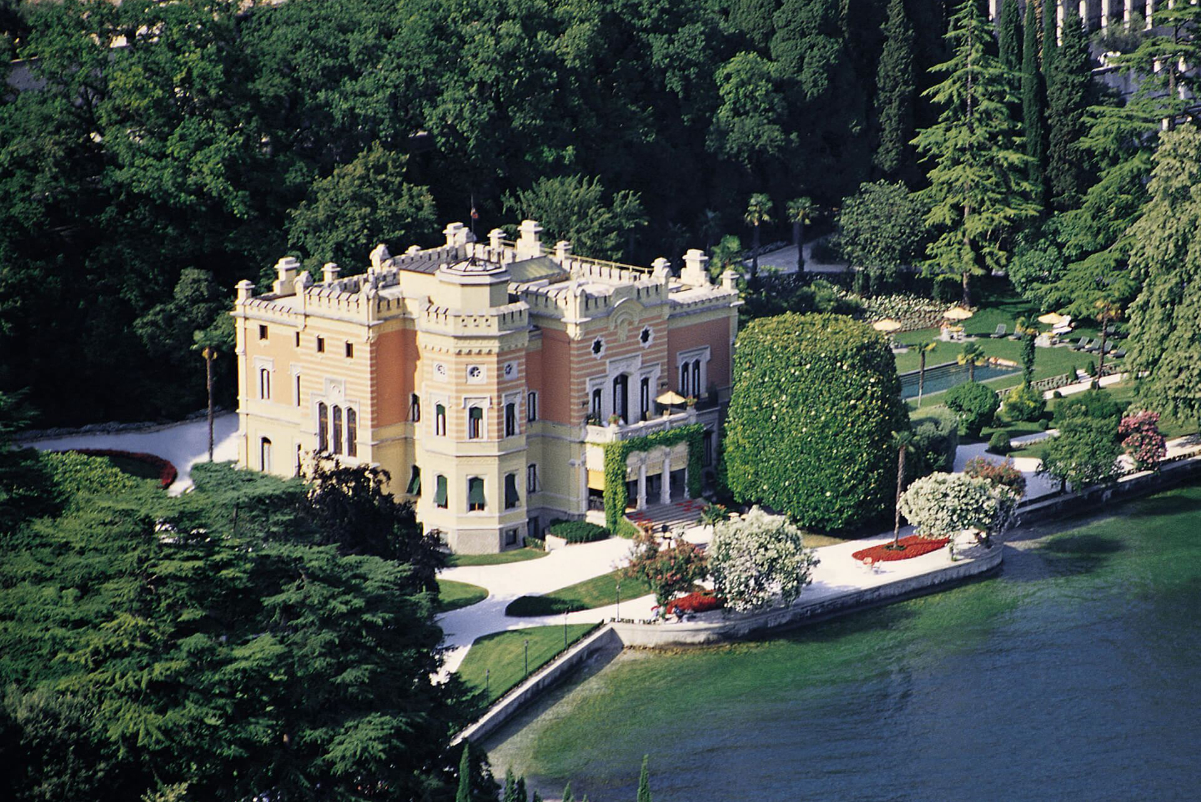Skift Take
True luxury has no room for error. Yet underperformance can happen at even the world's most opulent properties. Here's what discerning travelers, investors, and hotel groups must watch for.

Early Check-In
Editor’s Note: Skift Senior Hospitality Editor Sean O’Neill brings readers exclusive reporting and insights into hotel deals and development, and how those trends are making an impact across the travel industry.
Ultra-luxury hotels — think of brands like Aman, One&Only, Rosewood, and The Peninsula — don't always perform to their full potential.
Discerning travelers can’t always know in advance how good a given property might be. The issue matters. Demand is outpacing supply. Over the next decade, 46,000 additional ultra-luxury hotel rooms are forecast to open around the world, according to brokerage JLL. Yet the ranks of the wealthy will likely expand even faster. The count of ultra-high net worth individuals is predicted to rise by 28.5% between 2022 and 2027, Knight Frank said.A few factors cloud the ability of discerning travelers and hotel investors to get good info.
Travel concierges and social media influencers may take kickbacks from properties, biasing their advice. Some websites may rely on free stays to vet properties, and so they pull punches. Ultra-luxury properties in non-urban locations may not have a lot of repeat guests. Well-off travelers may prefer variety, so even if they like a hotel, they may not return for quite some time. Ultra-luxury properties tend to be small. At the extreme, some exclusive properties — such as a solitary villa on an island — may draw only a handful of guests a year. That doesn't give a lot of data points about what's right and wrong. So many of the points of failure are in subtle points of execution that investors won't see if they don't stay at length at a property themselves. High-net-worth guests are usually quite private and are less likely to post reviews publicly or take the time to fill out Medallia/Qualtrics surveys.So what to do? One option is to find an expert who has relatively few incentives to mislead you. Some examples include:
The Gallivanter’s Guide by Philippe Servais. Wendy Perrin. Many of the agents that belong to the Virtuoso network.Thomas Cahalan, founder of Dorsia Travel, also has the credibility to talk about ultra-luxury hotels.
Cahalan made a lot of money in his twenties from a software development business he founded. He then paid out of pocket to stay at ultra-luxury hotels. For years,